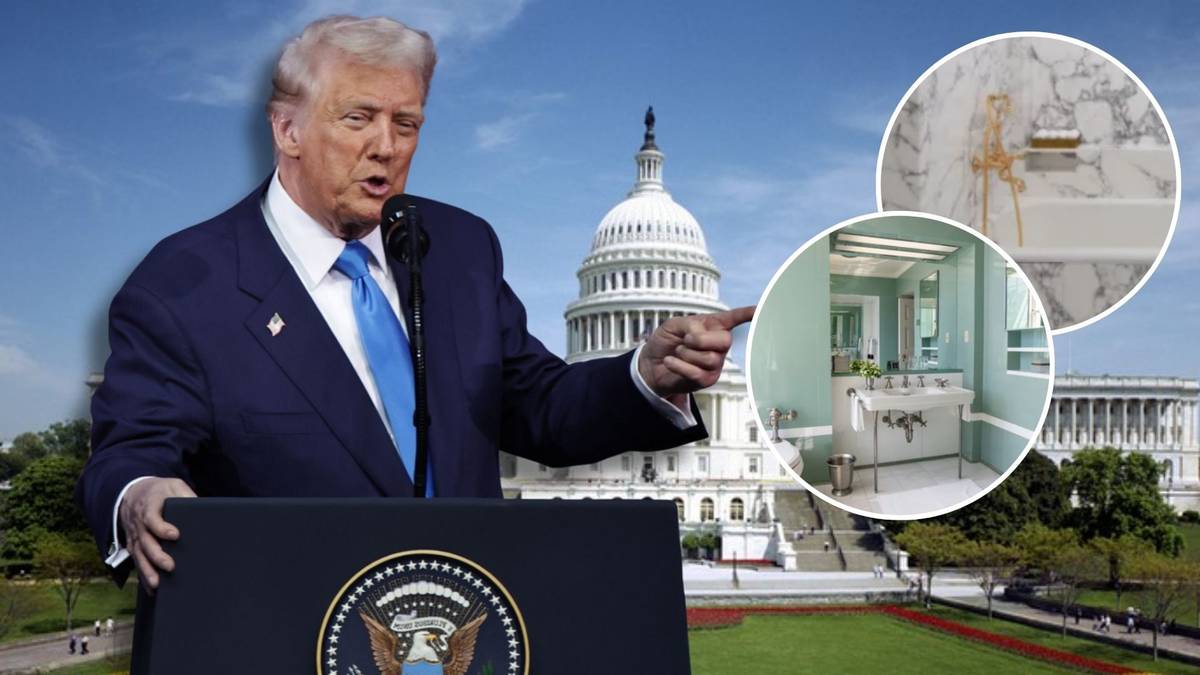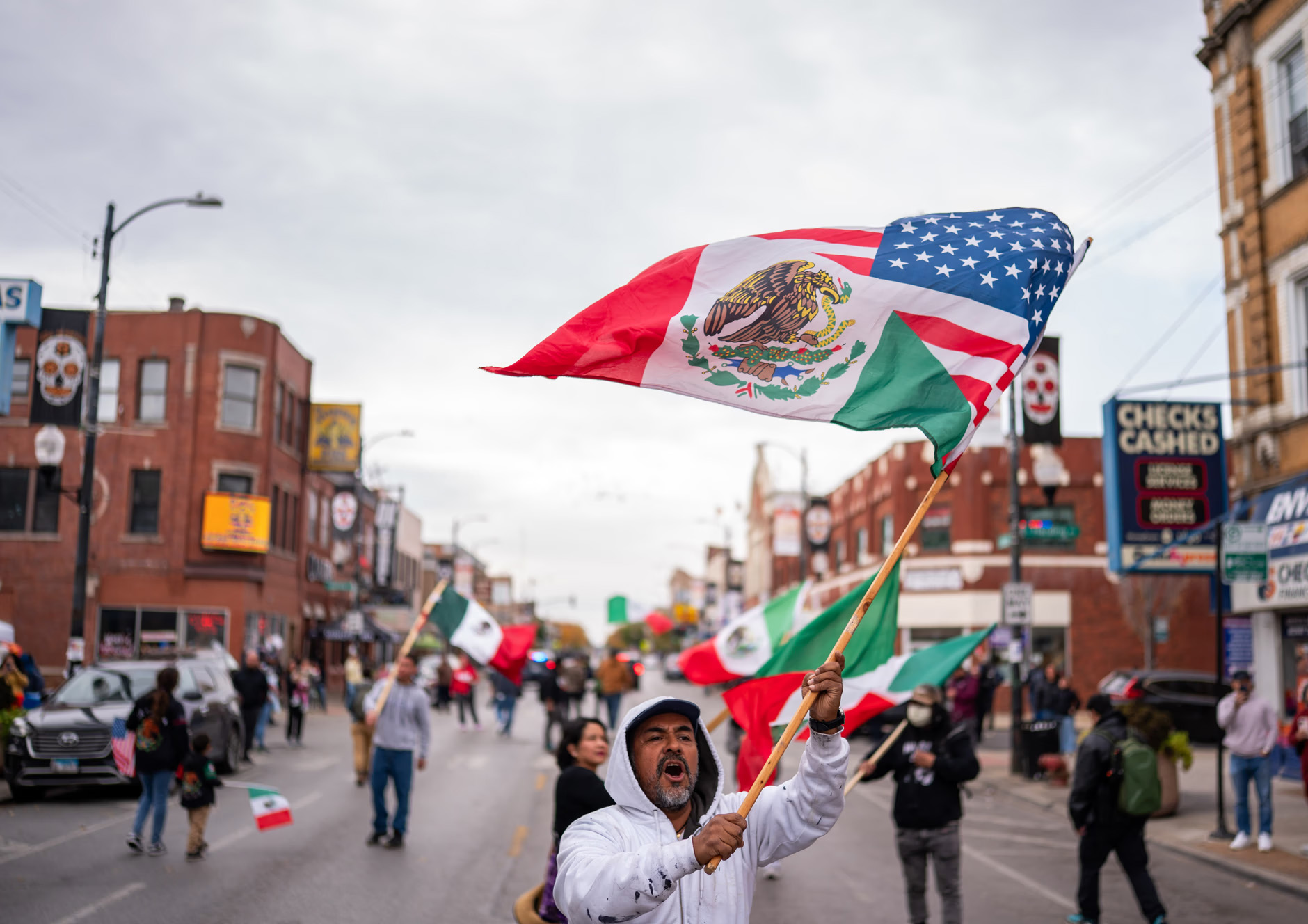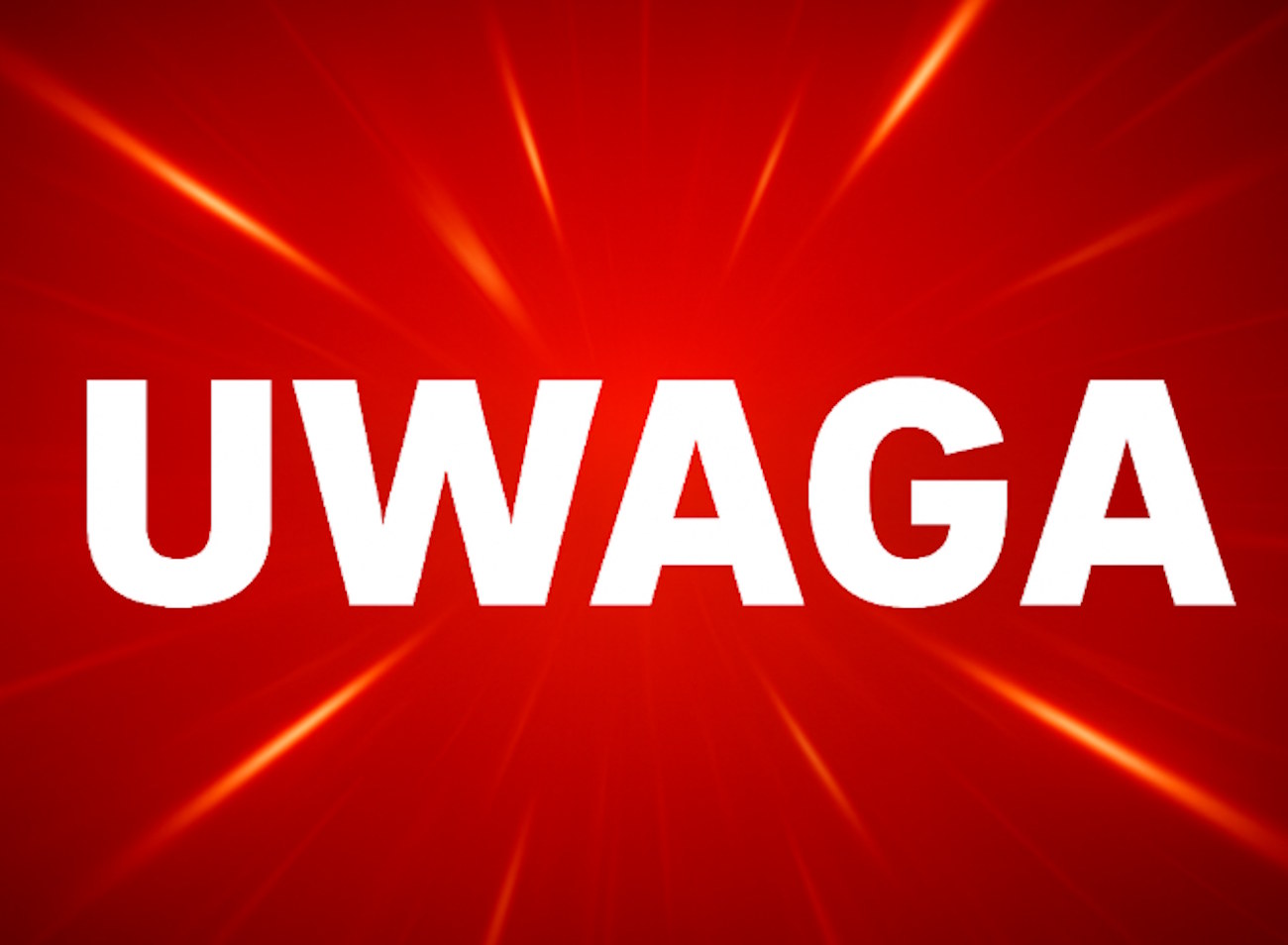It must be said that Canadian conservatism has not made too many extensive and discernible advances in Canada, despite the winning of a majority government in the federal Parliament, by the Harper-led Conservative Party, in the federal election of May 2, 2011. The Conservatives ended up routed in the federal election of October 19, 2015. They had manifestly failed to create some kind of independent conservative infrastructures during the propitious time of their majority government. The Conservatives also failed to defeat the Trudeau Liberals in the federal election of October 21, 2019, as well as in the federal election of September 20, 2021. However, the recent winning of the Conservative Party leadership by the young, dynamic Pierre Poilievre, may offer some hope.
What is most sorely lacking are some kind of major infrastructures outside the framework of the federal Conservative and provincial Progressive Conservative parties. In provincial politics in Quebec, the centre-right is grouped around the Coalition Avenir Quebec (CAQ); in Alberta, the Wildrose Alliance and the Progressive Conservatives have merged as the United Conservative Party; in Saskatchewan, there is the centrist Saskatchewan Party; while in British Columbia, there is one large centrist Liberal Party (now renamed B.C. United).
There also are or were a series of minor parties – the People’s Party of Canada/Parti populaire du Canada; the Manitoba Party; the People’s Alliance party in New Brunswick, the Christian Heritage Party Canada; the Family Coalition Party in Ontario; federal and provincial Libertarian Parties; the Freedom Party of Ontario; and the Cultural Action Party of Canada. In the 2022 provincial election in Ontario, at least two minor parties ran with great ambitions – the New Blue Party, and the Ontario Party, but they ended up playing a minimal role in the election, both of them failing to win a single seat. In the 2022 provincial election in Quebec, the Conservative Party of Quebec won 13 percent of the vote – but not a single seat.
As a result of burgeoning Western Canadian alienation, a federal Wexit Party had been formed in Alberta, and other Western provinces. It was renamed the Maverick Party around September 2020. Also, the Freedom Conservative Party and Wexit Alberta merged to form the Wildrose Independence Party of Alberta (WIPA). In Saskatchewan, Wexit Saskatchewan was renamed as the Buffalo Party. (“Buffalo” was the proposed name of a larger province that would have included Alberta and Saskatchewan, before it was decided that the two smaller provinces would be formed.)
There are also a number of well-known foci, for what could be broadly considered conservatism, outside of the major party structures. These would include the Fraser Institute, the National Citizens’ Coalition (NCC), and the Canadian Taxpayers’ Federation (CTF). However, all three organizations are almost exclusively focussed on economics, and all have a relatively low profile, compared to the multifarious infrastructures of left-liberalism. Indeed, such groups as ideological feminists receive huge funding from various levels of government.

The right-leaning economist, Brian Lee Crowley, has established a think-tank called The Macdonald-Laurier Institute.
In 2010, the Ludwig von Mises Institute Canada was established.
In the Western provinces, there is the Frontier Centre for Public Policy (FCPP), and in the Atlantic provinces, there is the Atlantic Institute for Market Studies (AIMS).
After the failure of The Western Standard some years ago, there arose in 2011 two new, broadly right-of-centre publications – The Dorchester Review (which is named after the British nobleman who gave Canada the Quebec Act of 1774), and The Canadian Observer (which in its first issue, announced its ambitions to be a Cité Libre [1] of the Right). However, it appears to have failed subsequent to the appearance of the Spring 2012 issue.
The remnants of the long-standing Report newsmagazines in Western Canada (which had reached a height of about 80,000 subscribers, mostly in Alberta) are now represented by the Citizens’ Centre for Freedom and Democracy (CCFD).
The main, broadly right-leaning “ginger group” in Canada is Civitas, which has endeavoured to raise its profile somewhat in the last few years. Its main activity is the annual conference. Civitas was somewhat of a successor to the short-lived Charlottetown Society of the early 1990s, which failed when its main founder untimely passed away.
There has also arisen in recent years the Manning Centre for Building Democracy (MCBD), which could be seen as existing both inside and outside the Conservative Party. The Manning Centre was renamed as the Canada Strong and Free Network in 2020, at the personal request of Preston Manning.
The Manning Centre has helped to launch a prestigious e-journal: c2cjournal.ca .
There has also arisen in recent years the Canadian Constitution Foundation (CCF), as well as the Runnymede Society. After three highly successful annual conferences on legal and cultural issues, the CCF had decided to focus most of its efforts on litigation. The annual conferences, all of which took place in Toronto, were very warmly received, and it is unfortunate that there was such a long break (between 2009 and 2015), in their holding.
John Carpay, who had been one of the founders of the Canadian Constitution Foundation, has subsequently founded the Justice Centre for Constitutional Freedoms (JCCF), which is especially devoted to freedom of speech issues, especially at Canadian university campuses. However, he was put on a leave of absence from the Presidency of the JCCF, after a scandal where he had hired a private investigator to monitor whether the Chief Justice of Manitoba was following COVID protocols. But after seven weeks, he was nevertheless brought back as President.
Joseph Ben-Ami, a well-known conservative activist, has established a small think-tank called the Canadian Centre for Policy Studies (now, I believe, reconfigured as The Arthur Meighen Institute for Public Affairs).
By 2023, there have arisen two new conservative outfits – The Democracy Fund (which held a conference for young journalists); and the Aristotle Foundation for Public Policy – Championing
Reason, Democracy and Civilization. The Aristotle Foundation brought out a number of books,
including The 1867 Project: Why Canada should be cherished – not cancelled, a collection of essays rejecting the overheated left-wing rhetoric about Canada.
The Toronto-based Mackenzie Institute (despite a far higher profile in the late-1980s) appeared to mostly have been (from the 1990s until early 2014) the personal enterprise of one indigent person. The full name of the Institute was rendered in earlier years as The Mackenzie Institute for the Study of Terrorism, Revolution, and Propaganda. In early 2014, The Mackenzie Institute revamped its website and appears to have become more dynamic.
The Ottawa-based Centre for Immigration Policy Reform, which was founded around 2011, appears to have become more active in 2014. Its main leading figures were the late Martin Collacott, and James Bissett, both of them formerly being prominent Canadian diplomats and civil servants. The Centre argues for lowered numbers and more responsible selection and screening in immigration, temporary worker, and refugee policies.
The author is also aware of an association called Société Macdonald-Cartier Society.
For non-partisan celebration of the Canadian Monarchy, there is the Monarchist League of Canada.
The profile of social and cultural conservatism in Canada is rather thin. The main social conservative publications are The Interim: Canada’s Life and Family Newspaper (and an associated website, lifesite.net). The longtime magazine Catholic Insight (Toronto) ceased printing in 2015. Lifesite has tried to found a similar magazine, called Faithful Insight. Lifesite has had to defend itself from an irksome libel suit that could have potentially financially crippled the website. (However, the litigant passed away in 2014.) The main pro-life, pro-family association is called the Campaign Life Coalition.
There is a French-language, Quebec-based, social conservative intellectual journal, called Égards.
The most prominent think-tank of what could be called broadly religious conservatives is Cardus. Cardus has linked with the Centre for Cultural Renewal (formerly the Centre for Renewal in Public Policy). Cardus publishes a magazine called Convivium, as well as Comment. However, Convivium has become an online-only publication – its last print issue appeared in January 2017. On February 18, 2022, even the online version of Convivium was closed to new submissions – although the website archive is expected to remain.
Cardus is a think-tank which does not yet offer scholarships or grants (beyond one, as far as the author of this article can recall). In earlier articles, it had been suggested that Cardus could try to move in the direction of becoming an institution like the Intercollegiate Studies Institute (ISI) in the United States. The ISI, which has, for most of its history, been mostly traditionalist conservative, offers very extensive scholarships to students, as well as publishing scholarly journals and books, and holding various seminars and conferences for promising students and academics.
There is also the Ottawa-based Institute for Marriage and Family Canada. In British Columbia, there is the Canada Family Action group. And, for many decades, REAL Women of Canada has been a well-known association.
The impact of the so-called right-wing blogosphere is certainly far less in Canada than in the United States. The impact of various personal blogs (such as those of Kate McMillan, the late Kathy Shaidle, or Richard Klagsbrun) is difficult to accurately gauge. There are as well the party-based Blogging Tories. The website conservativeforum.org is only an archive site. Free Dominion could be called a “self-posting forum” where commentary is not formally structured. Unfortunately, Free Dominion has been recently subjected to vicious “lawfare” and its situation is highly tenuous.
Enter Stage Right is an independent, formally structured, consistently edited, frequently updated, conservative Canadian e-zine. There is also Judi McLeod’s Canada Free Press. In the wake of the failure of the Sun News Network, Ezra Levant has launched a major website, called The Rebel (or The Rebel Media) with dozens of bloggers regularly contributing to it. Another substantial media initiative is Candice Malcolm’s True North Canada, as well as The Post-Millennial website. Another substantial website is The Hub ( thehub.ca ). Three websites of the “culturalist opposition” are actforcanada.ca, capforcanada.com and eurocanadian.ca.
Representing Western Canada, there is the new Western Standard website.
In July 2013, there arose with great fanfare, the daily webzine, Freedom Press Canada Journal, but it was forced to greatly reduce the frequency of its postings as of November 30, 2013, and, in subsequent months, appears to have been completely removed from the Internet. Since mid-2014, short article postings began to very sporadically appear on the website – but, as of this writing, the website is no longer extant. Freedom Press Canada has also published, over the last several years, a number of hard-hitting conservative books, but its publishing endeavours appear to have ended by now.
It is also commonly considered that mass-circulation newspapers like The National Post,
Calgary Herald, Ottawa Citizen, and The Toronto Sun are heavily right-wing. However, that is not really the case. There are also a considerable number of blogs of varying political complexion now associated with major newspapers and magazines, such as that, for example, of Colby Cosh – who had previously had a long-running personal blog.
There had also arisen, in April 2011, a right-leaning cable-based news station – Sun News Network. However, it completely shut down on February 13, 2015.
A boutique cable service called The News Forum has arisen around October 2020. Their tagline is “where all voices matter”.
In the U.S., there are hundreds of private, frequently religiously affiliated colleges, which may constitute the basis for a network of conservative dissent. There is clearly some conservative presence in much of the U.S. academy. In Canada, conservative professors are few and far between; perhaps the University of Calgary is the only public university with a significant conservative presence (in its department of political science). And, there are only a few private colleges, notably, Trinity Western University in British Columbia, and Redeemer University College in Ontario.
Trinity Western University has recently faced strong opposition when it endeavoured to launch a law school. The pretext was the university’s strict Christian-based code of conduct, which (among a broad variety of other rules) limited sexual activity for students as well as faculty to the intimacy of heterosexual marriage. The law school was rejected as legitimate by the Ontario and Nova Scotia bar associations, meaning that its graduates would be unable to practice law in those provinces. There was also agitation continuing against its earlier recognition by the British Columbia bar association. On October 30, 2014, the result of a binding referendum of the B.C. bar association members was to instruct the bar association’s benchers to withdraw the recognition of Trinity Western’s law school. There was indeed a highly orchestrated campaign against the recognition of the law school. This culminated in the 2018 decision of the Supreme Court of Canada that the provincial bar associations were justified in forbidding Trinity Western University law school graduates from practicing law in their provinces. Given these developments, Trinity Western University cancelled its plans to establish a law school.
Taking into account the disparity in resources as between “small-c conservatives” and left-liberals in Canada – which is clearly astronomical – the situation of conservatism in Canada may indeed be seen as rather difficult.
One supposes that one of the few possible reassurances for so-called “small-c conservatives” is that they, after all, have human nature and commonsense on their side. However, what traditionalists call “human nature” is considered merely a fiction by most left-liberals – who believe that human beings are almost entirely determined by their immediate environment, and can indeed be shaped in any direction left-liberalism chooses.
Mark Wegierski
Footnote:
[1] Cité Libre was the name of the intensely left-wing and intensely intellectual journal founded by Pierre Elliott Trudeau and his associates in 1950s Quebec – when the prospects for the Left in Quebec and Canada seemed very thin indeed. Cité Libre was arguably the launch-pad for the so-called Quiet Revolution in Quebec, and the somewhat later “Trudeau revolution” in all of Canada.

 2 lat temu
2 lat temu













